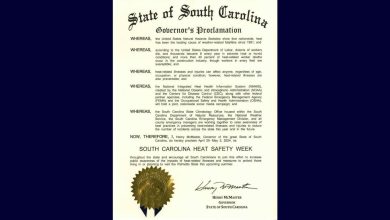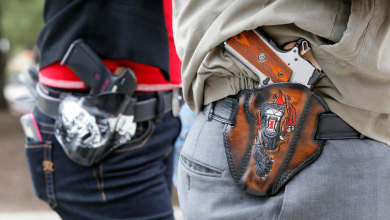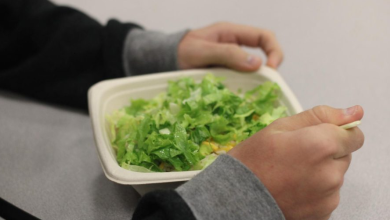Charleston, South Carolina – Tobacco use is one of the leading causes of preventable death and disease in the United States. However, despite the well-known health risks, millions of Americans still smoke or vape every day. And many of them are young people who start using tobacco products before they reach adulthood. According to the Centers for Disease Control and Prevention (CDC), nearly 9 out of 10 adults who smoke cigarettes daily first try smoking by age 18, and 99% first try smoking by age 26.
In recent years, e-cigarettes and different types of vaping products have become increasingly popular among teenagers, something that poses great concerns for health experts. These products are devices that heat a liquid into an aerosol that users inhale. The liquid usually contains nicotine, which is highly addictive and can harm adolescent brain development, which continues into the early to mid-20s. E-cigarettes can also contain other harmful substances besides nicotine, as well as flavorings that make these products even more appealing to youth.
The rise of tobacco use among young people poses a serious threat to their health and well-being. This nationwide trend is also present in South Carolina, something that forced state lawmakers to crack down on illegal tobacco and nicotine products sale statewide. South Carolina has done much to prevent alcohol sales to minors and teenagers, and now the lawmakers want to do the same with tobacco and nicotine products sale.
Senate Minority Leader Brad Hutto, D-Orangeburg, and the bill’s lead sponsor filed the S.514 bill Thursday during a Senate Judiciary subcommittee hearing. The bill would target stores in the state of South Carolina that illegally sell tobacco and nicotine products to kids and teens. The first step this bill would take is to ban minors from even entering stores that primarily sell tobacco and nicotine products, like smoke and vape shops. The bill, however, would not completely ban children and teenagers from going into stores that sell tobacco and nicotine products but primarily sell other items, like grocery stores.
Senator Rex Rice from Pickens expressed concern about the inconvenience that parents experience when they have to leave their kids in the car while they go shopping. In response, Senator Hutto pointed out that this was similar to taking a child into a liquor store, which is not allowed. Senator Rice admitted that he had never taken his child to a liquor store, to which Senator Hutto responded with a lighthearted comment about the legality of the situation.
The bill also plans to get rid of some of the fines that young children have to pay when they buy these kinds of products. However, some of the fines are expected to stay in place. One of the measures proposed in the bill is undergoing a mandatory tobacco-prevention program. South Carolina’s convenience stores’ representative, Michael Fields, who was attending the hearing, partly welcomed the bill, expressing his desire to help lawmakers find and catch those stores that illegally sell tobacco and nicotine products to minors. However, Fields noted that fines shouldn’t be removed for teenagers, to which Hutto responded that minors cannot make legal decisions and adults are expected to crack down on this dangerous trend, not children.
The proposed bill seeks to introduce stringent measures to clamp down on the illegal sale of tobacco and nicotine products in South Carolina. The major focus of the bill is to establish a new tobacco retail sales license, which would be mandatory for all retailers who sell vape, e-cigarette products, and other tobacco products. This would be a significant change, as the Palmetto State is currently among the 10 states in the US that do not have such a licensing requirement.
Under the supervision of the state department of revenue, which would regulate the issuance of these licenses, all retailers would be subject to at least one unscheduled visit per year to ensure that they comply with the new licensing regulations.
The bill also proposes to toughen penalties for retailers who violate the rules and sell tobacco products to minors. The license suspension period would be extended to a week for retailers who commit two offenses within three years. Retailers who flout the rules four or more times within a three-year period would face a minimum fine of $1,200 and be prohibited from selling tobacco and nicotine products for three years.
If passed, this bill would mark a significant step in curbing illegal tobacco and nicotine sales, promoting public health and safety, and protecting the state’s youth from the harmful effects of these addictive products.




